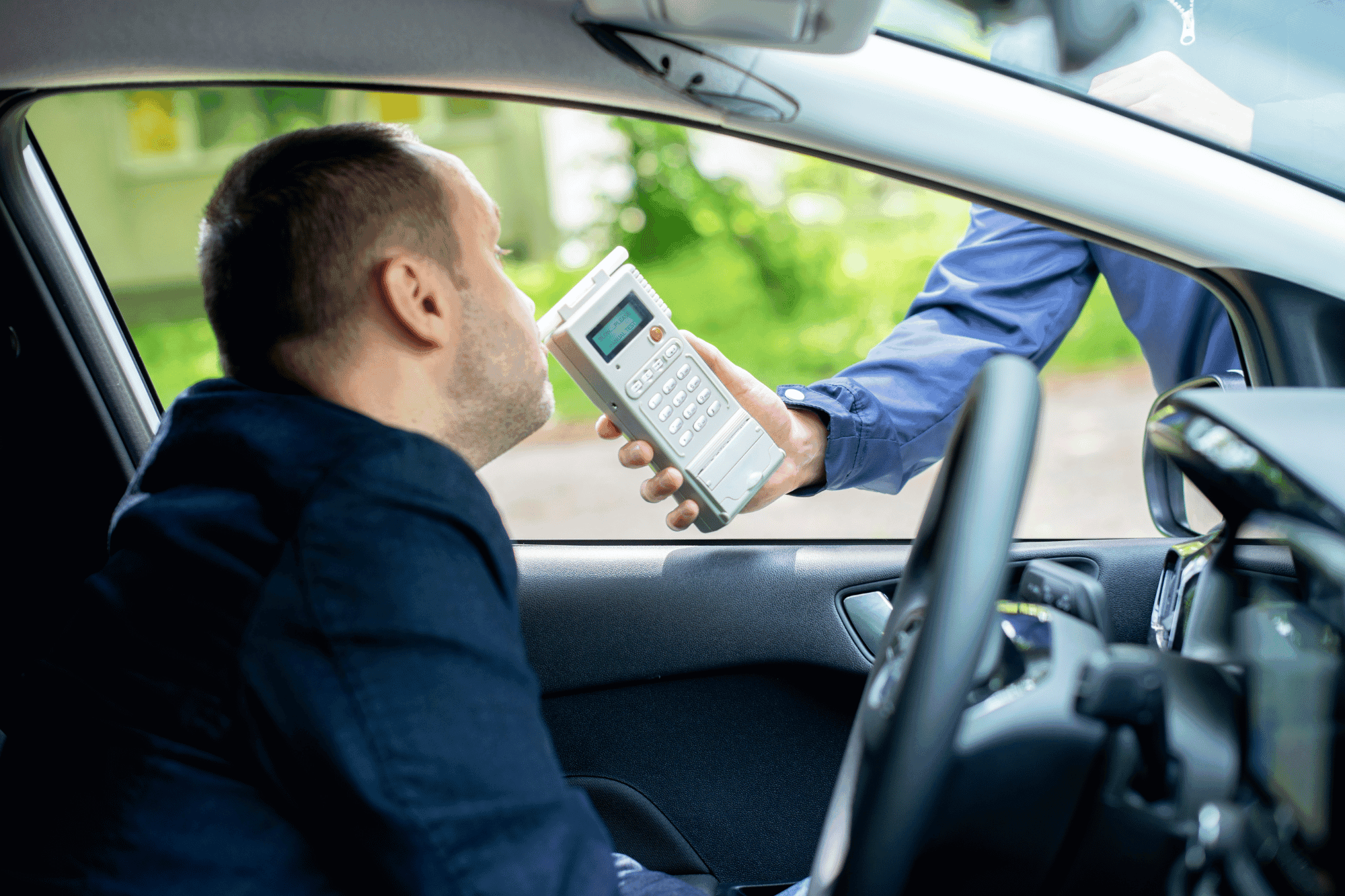Guide
Can You Get Pre-Settlement Funding Without Medical Records
Can You Get Pre-Settlement Funding Without Medical Records
Oct 28, 2025
Oct 28, 2025


Back to blogs
Back to blogs
For plaintiffs injured in accidents or medical cases, medical records are a key part of the lawsuit—and a vital component of pre-settlement funding applications. These documents help funding providers understand the extent of your injuries, the treatment you’ve received, and the potential value of your claim.
But what happens if you don’t have access to your medical records yet? Can you still qualify for pre-settlement funding?
The short answer: sometimes, yes—depending on your case type and how much documentation your attorney can provide. This article explains why medical records matter, when exceptions apply, and how Instabridge helps plaintiffs move forward quickly.
Why Medical Records Matter in Pre-Settlement Funding
Medical records are one of the strongest indicators of case value in personal injury, medical malpractice, and product liability lawsuits. They help funding companies verify:
The type and severity of your injuries
The treatment you’ve received so far
The relationship between the incident and your medical condition
Your expected recovery timeline and future medical costs
Without this documentation, it’s difficult for funders to evaluate the risk and estimate a fair advance amount.
When You Can Still Qualify Without Full Medical Records
You may still be eligible for funding even if your records are delayed or incomplete—especially if:
Your attorney already filed your claim and can confirm liability details
Police reports, witness statements, or photos provide clear evidence of injury
Initial treatment documentation (like ER discharge papers) is available
You’re waiting for records to be released from hospitals or providers
In these cases, your attorney’s cooperation is key. Instabridge can often review partial records or supporting evidence to expedite your approval.
Common Situations Where Records Are Delayed
Hospitals or clinics require time to process record requests
Medical providers have closed or changed ownership
Ongoing treatment means documentation isn’t yet complete
Privacy regulations (like HIPAA) slow down release timelines
Instabridge understands these challenges and works directly with attorneys to move the process forward efficiently.
How Instabridge Streamlines the Process
At Instabridge, we prioritize speed and flexibility while maintaining accuracy. Here’s how we handle cases with limited records:
Work directly with your attorney to confirm injury details and liability.
Accept supporting documentation like medical bills, photos, or police reports when possible.
Provide conditional approval pending final medical records, allowing faster access to funds.
Disburse funding quickly—often within 24–48 hours once sufficient documentation is verified.
Why Plaintiffs Trust Instabridge
We know that waiting for medical records shouldn’t delay your access to essential funding. That’s why we offer:
Flexible review options when documentation is still pending
Fast, transparent approvals with no hidden fees or compounding interest
Non-recourse advances—you owe nothing if your case doesn’t win
Dedicated communication with your attorney for a seamless process
Conclusion: Funding When You Need It, Even Without Full Records
Medical records help strengthen your case and your funding application—but their absence doesn’t always mean you have to wait. Instabridge works closely with attorneys to evaluate your case and get you the financial support you need as quickly as possible.
If you’re waiting for medical records but need immediate financial relief, contact Instabridge today. We’ll help you bridge the gap until your case and documentation are complete.
Other Blogs
Other Blogs
Waiting on a Settlement? Get Cash Now!
Instabridge Funding provides fast, risk-free legal funding.
Waiting on a Settlement? Get Cash Now!






































































































































































